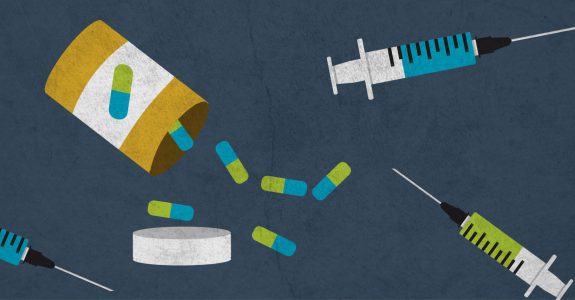Good health is a necessary condition for success in life and is linked to the ability of children and adults to thrive in school and in the workplace. Unfortunately, Indiana consistently ranks at or near the bottom of almost every measure of public health and healthy living, with higher-than-average rates of preventable mortality, substance misuse, and tobacco and use.
To address Indiana’s health challenges, expand public health research and data collection, and solve the shortage of trained public health personnel in the state, the Indiana Department of Health, several local health departments, and faculty at Indiana University and IUPUI developed the idea for Indiana’s first school of public health. With funding from the Richard M. Fairbanks Foundation, the IU Richard M. Fairbanks School of Public Health at IUPUI was officially established in 2012.
Today, the Fairbanks School of Public Health strives to prepare leaders in public health and healthcare through innovative, interdisciplinary, and community-engaged education, research and service. Students participate in health-focused academic programs, equipping them with the knowledge necessary to work in Indiana’s local health departments and hospitals. The School also produces funded research on Indiana’s public health, helping to inform the state’s public health decision-making.
The Richard M. Fairbanks Foundation provided $20 million – the largest grant in the Foundation’s history – to help establish and maintain the IU Richard M. Fairbanks School of Public Health at IUPUI.


